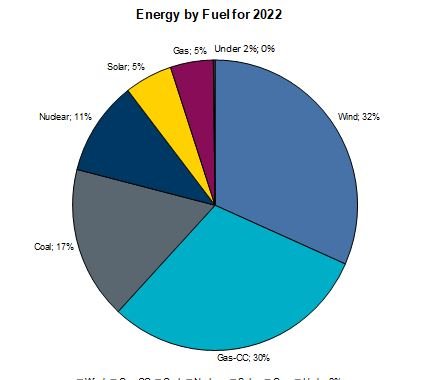Koolau
Give me a museum and I'll fill it. (Picasso) Give me a forum ...
Order a model Y or Model S for comfort. The new Civics are nice.
He suggested buying a Honda Civic because Electric vehicles are too expensive.
I pointed out that the average size American does not fit comfortably in a Honda Civic. Americans are kind of large and like bigger vehicles for comfort.
Many people are buying electric vehicles to support the movement.
Because they can.
Hmm, I'm kinda large and I fit fine in a Civic. Those Honda people (not to mention Toyota and others) have figured out how to make it small on the outside and big on the inside. Tesla (only been in a Mod. 3) is difficult for me to get into and out of. I have to bend in ways I no longer bend. Once inside, the fit is just okay as is the ride - not as good as a Civic IMHO but YMMV.


